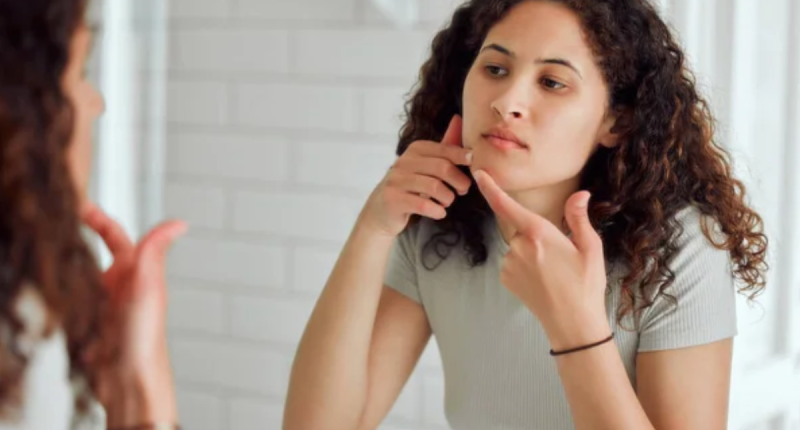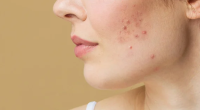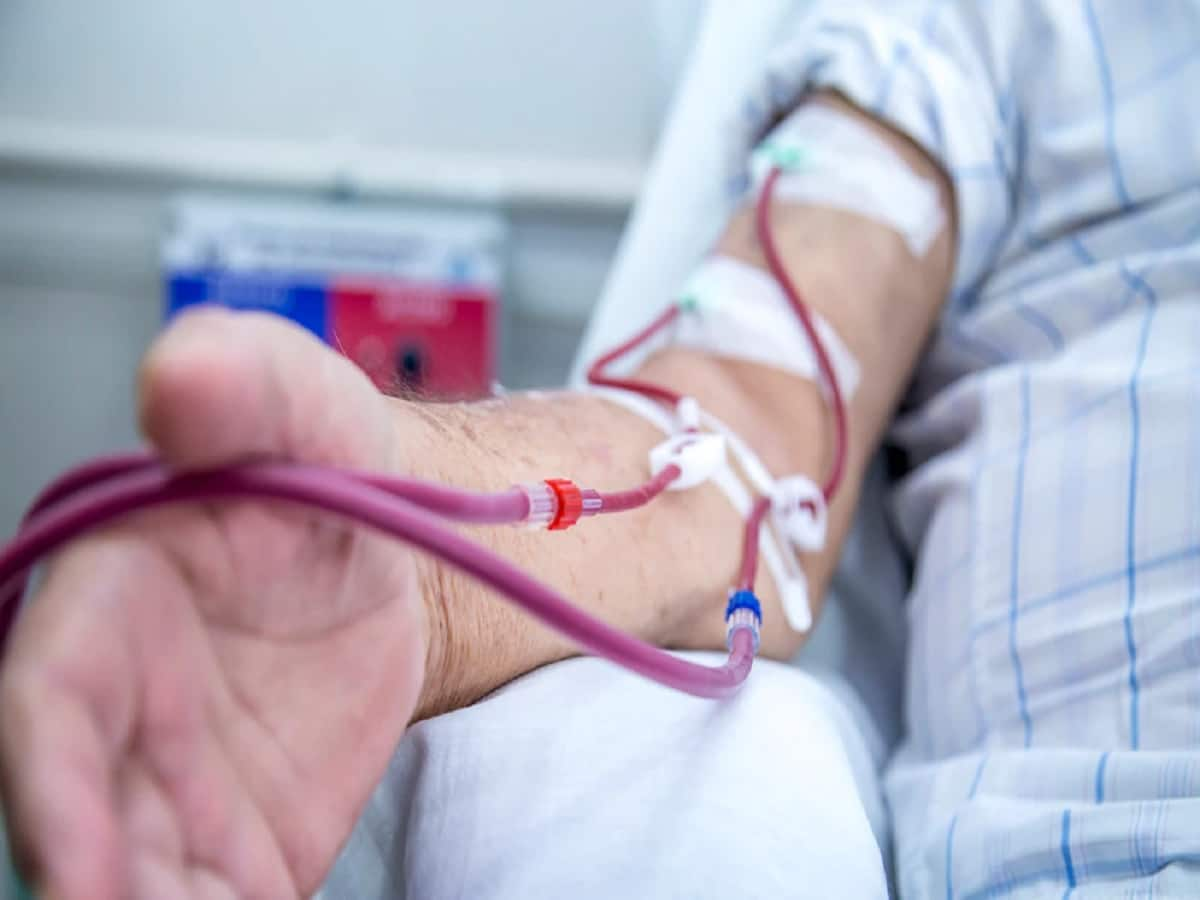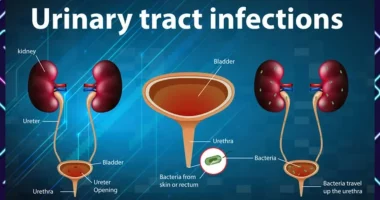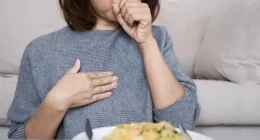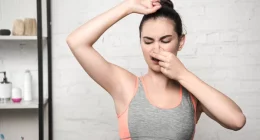Does popping pimples cause more pimples? Pimples, those unwelcome guests on our faces, chests, backs, and shoulders, have many names – zits, spots, even acne lesions. But whatever you call them, one thing’s for sure: they’re inflamed bumps caused by clogged pores and the bane of our skincare dreams. And let’s be honest, the temptation to squeeze them into oblivion is as constant as our desire for smooth, clear skin.
But hold on! Before you unleash your inner dermatologist (with questionable credentials!), Sound Health and Lasting Wealth are here to answer the burning question: does popping pimples actually cause more pimples?
The simple answer is YES! Popping pimples can definitely cause more pimples. It might seem like the quickest way to get rid of a blemish, but in reality, it’s a risky business for your skin. Here are facts and myth for more clarity:
#1 Myth and Fact
Myth: Popping pimples will make them go away faster.
Fact: This is a tempting but false belief. Popping pimples can actually spread bacteria and pus deeper into the skin, leading to more inflammation, redness, and even scarring. It’s like poking a hornet’s nest – you might get rid of one pimple, but you’ll likely stir up a whole lot more trouble in the process.
#2 Myth and Fact
Myth: Popping pimples only causes a few extra pimples, it’s not a big deal.
Fact: While the consequences may not always be immediate or dramatic, popping pimples can have long-term effects. It can increase your risk of post-inflammatory hyperpigmentation (PIH), those stubborn dark spots that linger long after the pimple itself is gone. Additionally, scarring is a real possibility, especially if you’re not gentle or if you have deeper blemishes like cysts.
#3 Myth and Fact
Myth: It’s okay to pop whiteheads, but not blackheads.
Fact: This is a half-truth. While whiteheads are closer to the surface and may seem easier to extract, popping any type of pimple is a bad idea. Blackheads, with their stubborn plugs, are particularly prone to causing inflammation and scarring if you try to squeeze them out.
Note: Popping pimples does not clean your pores. Clogged pores are more complex than you might think, and simply squeezing them won’t remove all the sebum and dead skin cells trapped inside.
So, what should you do instead of popping pimples?
Resist the urge to pop! I know, it’s tough, but your future self will thank you. Practice gentle skincare like washing your face twice a day with a gentle cleanser and using oil-free, non-comedogenic products to avoid clogging your pores. Spot treat with over-the-counter acne treatments: Benzoyl peroxide and salicylic acid can help dry up existing pimples and prevent new ones from forming. Seek professional help for stubborn acne: A dermatologist can recommend personalized treatment plans and procedures for clear, healthy skin.
ALSO READ: Four reasons why spicy foods cause acne
Alternative to popping pimples
Popping pimples is not recommended, as it can lead to several negative consequences for your skin, such as inflammation, formation of new pimples in nearby areas, scarring, and discoloration. Touching, picking, and popping can worsen acne, cause more noticeable acne, increase the risk of infection, and delay the healing process. Instead of popping pimples, consider the following tips to help improve your skin:
Keep your hands away from your face: This can help prevent the spread of bacteria and the urge to pick at your skin.
Relieve pain with ice: If you experience pain from acne, especially from nodules or cysts, applying ice can reduce inflammation.
Treat your acne: Many people can clear their acne with over-the-counter treatments or online treatments. If you don’t see results in 4 to 6 weeks, consider consulting a dermatologist.
Apply appropriate products: Use products with two percent salicylic acid to draw out extra oil and dry the pimple.
For overnight healing, you can try a hydrocolloid bandage.
Remember, dermatologists are trained professionals who can safely remove acne without causing further damage to your skin.
Note: If you must pop a pimple, ensure you follow proper technique, clean your hands, and sterilize any instruments you plan to use. However, it’s always best to consult a dermatologist for professional advice and treatment.
DON’T MISS: Adult Acne: How Is It Different From Teenage Zits?
How to prevent pimples from forming
To prevent pimples from forming, you can follow these tips:
Keep your face clean: Wash your face twice daily to remove excess dirt and oil from the skin.
Moisturize: Use a non-comedogenic moisturizer to keep your skin hydrated without clogging your pores.
Avoid heavy makeup: Wearing several products, especially those containing oil, could worsen acne, so use makeup sparingly and look for non-comedogenic products.
Watch your diet: While certain foods may not directly cause pimples, it’s a good idea to avoid greasy and junk food and add more fresh fruits, vegetables, and whole grains to your diet.
Exercise daily: Regular exercise is good for your whole body, including your skin.
Keep your hands off your face: Avoid touching your face or propping your cheek or chin on your hands, as this can spread bacteria and irritate the skin.
Don’t pop pimples: Popping pimples can lead to the spread of bacteria, more acne, and scarring.
Sources
https://www.ncbi.nlm.nih.gov/books/NBK279208/
https://onlinelibrary.wiley.com/doi/full/10.1002/med4.43
https://jamanetwork.com/journals/jama/fullarticle/2677448
Note: This article is written based on scientific evidence found by the soundhealthandlastingwealth.com team. Sources are duly referenced.
